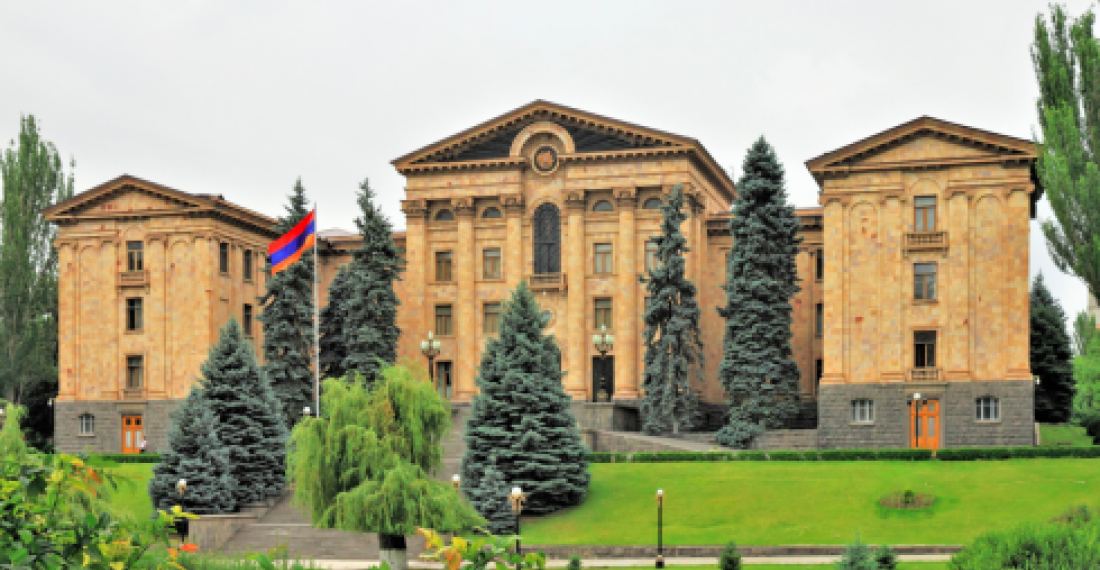The Armenian parliament has unanimously adopted a bill proposed by members of the opposition Propserous Armenia Party, on introducing stricter criminal punishment for inciting members of the armed forces to commit suicide.
The bill was proposed by Prosperous Armenia party lawmakers Naira Zohrabyan, Vahe Enfiajyan, Shake Isayan and Arman Abovyan.
The Criminal Code will be amended with a new article defining 3-8 years imprisonment for members of the Armed Forces who will deliberately or negligently bully a fellow military serviceman into committing suicide or attempting to commit suicide. The article will foresee 5-10 years imprisonment if the crime will be committed by a superior against a subordinate, by a group of persons, or regularly against the same person, or against active duty personnel on combat shifts. 7-12 years imprisonment is defined if the crime is committed in conditions of martial law, wartime or combat.
MP Naira Zohrabyan earlier said in parliament that the suicides taking place in the military during peacetime shows that there are violations of the Code of Conduct among the personnel.
She said these issues are voiced due to a public demand to subject perpetrators who incite servicemen into committing suicide to stricter punishment.
source: commonspace.eu with agencies
photo: An outside view of the Armenian parliament (archive picture)







